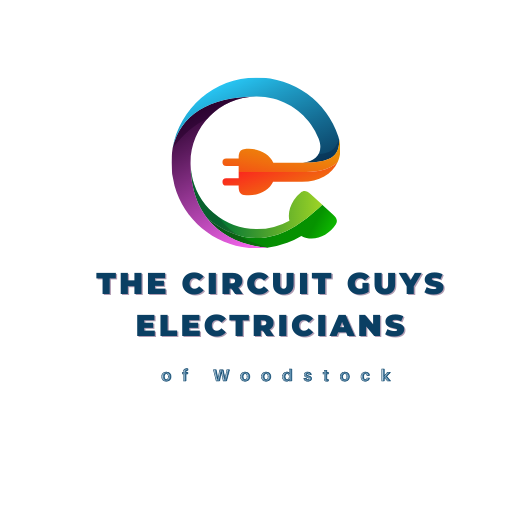When it comes to electrical safety, it can seem like there are an endless number of things to remember. However, there are some common rules that can help you avoid problems and keep things safe. For example, it’s important to keep extension cords and appliances at least a couple of feet away from walls and other appliances. Doing so helps reduce the risk of fires caused by overloaded circuits and overheating wires. In addition to following these rules for general electrical safety, there are also some specific things you should know about certain types of appliances. For example, if you have a clothes dryer in your home, it’s important to keep it unplugged when not in use to prevent electric shock hazards. This article discusses some common electrical safety tips for home owners.
Don’t plug appliances into an outlet without first checking the circuit breaker.
It’s important to remember that not every outlet is necessarily designed to handle the load of every appliance. In fact, some outlets are only designed to power light fixtures and small appliances like toasters and coffee makers. If you plug a large appliance like a washing machine or dryer into one of these outlets, it could potentially overload the circuit, resulting in a fire. In addition to that, many appliances also have their own circuit breaker. If you plug one of these appliances into a different outlet from the one it’s designed for, the breaker could trip and shut off the entire circuit, which could result in a loss of power for other devices. To prevent this from happening, always plug appliances into the correct outlet and turn off breakers before moving large appliances like washers and dryers.
Don’t use extension cords for long periods of time or in high-traffic areas.
Like appliances, extension cords can also overheat and cause fires. However, unlike appliances, extension cords are not usually designed to be plugged in for long periods of time. In fact, most electrical codes require extension cords to be kept a minimum distance away from the source of power to prevent them from overheating. Likewise, if you’re using an extension cord in a high-traffic area, it’s important to change it out regularly to ensure safety. Doing so could help reduce the risk of a fire caused by an extension cord overheating.
Know which appliances are considered “dangerous” and how to properly use them.
For example, if you have an electric iron or hair dryer in your home, it’s important to remember to never leave it on and unplug it before turning off the power. Likewise, if you have a space heater, it’s important to keep it at least a few feet away from flammable materials to avoid a fire. Likewise, if you have an electric stove or grill in your home, it’s important to remember to turn off the power before cleaning the surface with a cleaning solution. Doing so could help avoid a dangerous situation in which electricity travels through the cleaning solution and into the surface, which could potentially start a fire.
Don’t use extension cords in high-voltage areas.
In addition to extension cords, it’s also important to keep a distance away from power lines. Many people are familiar with the concept of “high-voltage” areas, which are usually found in areas where there is a lot of equipment using electricity. In these areas, the lines are designed to operate at a higher voltage than in other areas. If you’re working on a project in a high-voltage area and need to plug in an appliance, it’s important to use an extension cord to keep from overloading the circuit. Likewise, if you’re living near a power line, it’s important to keep a distance away from it.
Don’t use appliances in a way that could cause them to overheat.
As mentioned above, many appliances are equipped with their own circuit breaker. If you’re using an appliance in a way that could cause it to overheat, it’s important to turn off the breaker before continuing to use it. Likewise, if you’re using an appliance in a way that could cause it to spark, it’s important to unplug it and shut it off before starting a fire. Likewise, if you’re using an appliance in a way that could cause it to overheat, it’s important to unplug it before cleaning it. Doing so could help avoid a fire caused by cleaning solution coming into contact with a hot surface.
Conclusion
As you can see, there are a lot of things to consider when it comes to electrical safety. Fortunately, there are some common rules that can help you avoid problems and keep things safe. In addition to following these rules for general electrical safety, there are also some specific things you should know about certain types of appliances. For example, if you have a clothes dryer in your home, it’s important to keep it unplugged when not in use to prevent electric shock hazards. Likewise, it’s important to know not to use extension cords in high-voltage areas.Finally, it’s important to remember to keep extension cords and appliances at least a couple of feet away from walls and other appliances to avoid overloading the circuit.
